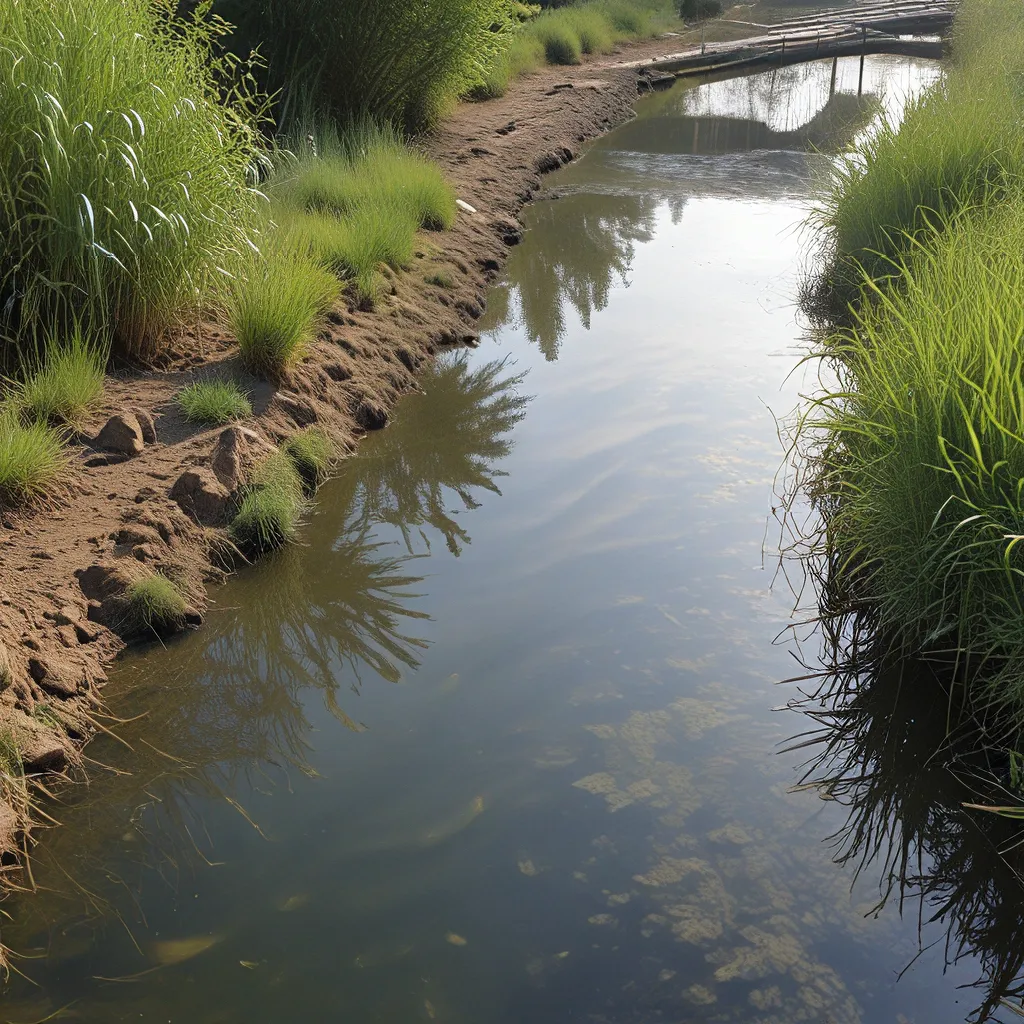
As a professional in the wastewater treatment industry, I’m incredibly passionate about the intricate relationship between our water systems and the natural world. It’s a fascinating topic that has profound implications for the health and sustainability of our planet.
Unraveling the Water-Biodiversity Connection
The Framework highlighted in the source information makes a compelling case for the critical role of water resource management in maintaining the delicate balance of our aquatic ecosystems. It’s a sobering reality that despite past commitments, global biodiversity has continued to decline at an alarming rate. But this framework presents a promising path forward, one that recognizes the inextricable link between water and the health of our natural environments.
One of the key insights is the need for integrated water resources management. This holistic approach involves carefully balancing the various demands placed on our water, from agriculture and industry to the preservation of sensitive habitats. It’s a complex challenge, but I’m encouraged by the growing recognition that we can’t view water in isolation – it’s a vital resource that underpins the entire web of life.
Biodiversity at Risk: The Urgent Need for Action
The source information paints a concerning picture of the state of our biodiversity, with none of the Aichi Targets fully achieved. This underscores the critical importance of the Post-2020 Global Biodiversity Framework and its emphasis on the water-biodiversity nexus. By recognizing the pivotal role of water in sustaining healthy ecosystems, this framework offers a more comprehensive and effective strategy for reversing the decline of global biodiversity.
What’s particularly interesting is the way countries like Colombia and the United States have approached this challenge. They’ve adopted a more integrated and inclusive approach, acknowledging the vital contributions of indigenous peoples and local communities in biodiversity conservation efforts. This recognition is so important, as these groups often have deep, generational knowledge of the land and are well-positioned to be stewards of our natural resources.
Innovative Approaches in Action
As I delve deeper into the source information, I’m encouraged by the innovative approaches some countries have taken to address the water-biodiversity challenge. The Blue Belt project in Germany, for example, is a fantastic example of how we can re-naturalize waterways and floodplains to promote conservation and water protection. And the United States’ commitment to conserving 30% of its lands and waters by 2030 is an ambitious but necessary goal if we’re to safeguard our precious ecosystems.
These initiatives are not only important for preserving biodiversity, but they also have broader implications for sustainable development. By investing in the understanding and management of the water-biodiversity nexus, we can promote healthy ecosystem services, develop more effective environmental policies, and ensure the long-term viability of critical resources like agriculture and human well-being.
The Role of Wastewater Treatment
As a professional in the wastewater treatment industry, I can’t help but see the vital role our services play in this equation. By effectively treating and managing wastewater, we can help mitigate the environmental impact on sensitive aquatic habitats and support the overall health of the water cycle. Our work is not just about removing contaminants – it’s about preserving the delicate balance of nature and ensuring a sustainable future for generations to come.
But it’s not just about what we do as wastewater treatment professionals. It’s also about how we think about our role and the broader context in which we operate. By adopting a more holistic, integrated approach to water management, we can unlock new synergies and opportunities to support biodiversity conservation efforts.
A Call to Action
As I reflect on the information presented, I’m struck by the profound responsibility we all share in preserving the health and vitality of our water resources and the ecosystems they support. It’s a complex challenge, to be sure, but one that is well worth the effort.
I’m probably biased, but I believe that those of us in the wastewater treatment industry have a unique opportunity to be at the forefront of this effort. By advocating for more integrated, science-based policies, collaborating with conservation groups and local communities, and continuously innovating our practices, we can play a vital role in safeguarding the future of our aquatic environments.
Of course, I don’t have all the answers, and the research in this field is ongoing. But I’m encouraged by the progress we’ve seen and the growing recognition of the critical importance of the water-biodiversity nexus. It’s a journey we’re all on together, and I’m excited to see what the future holds as we work to preserve the delicate balance of our natural world.